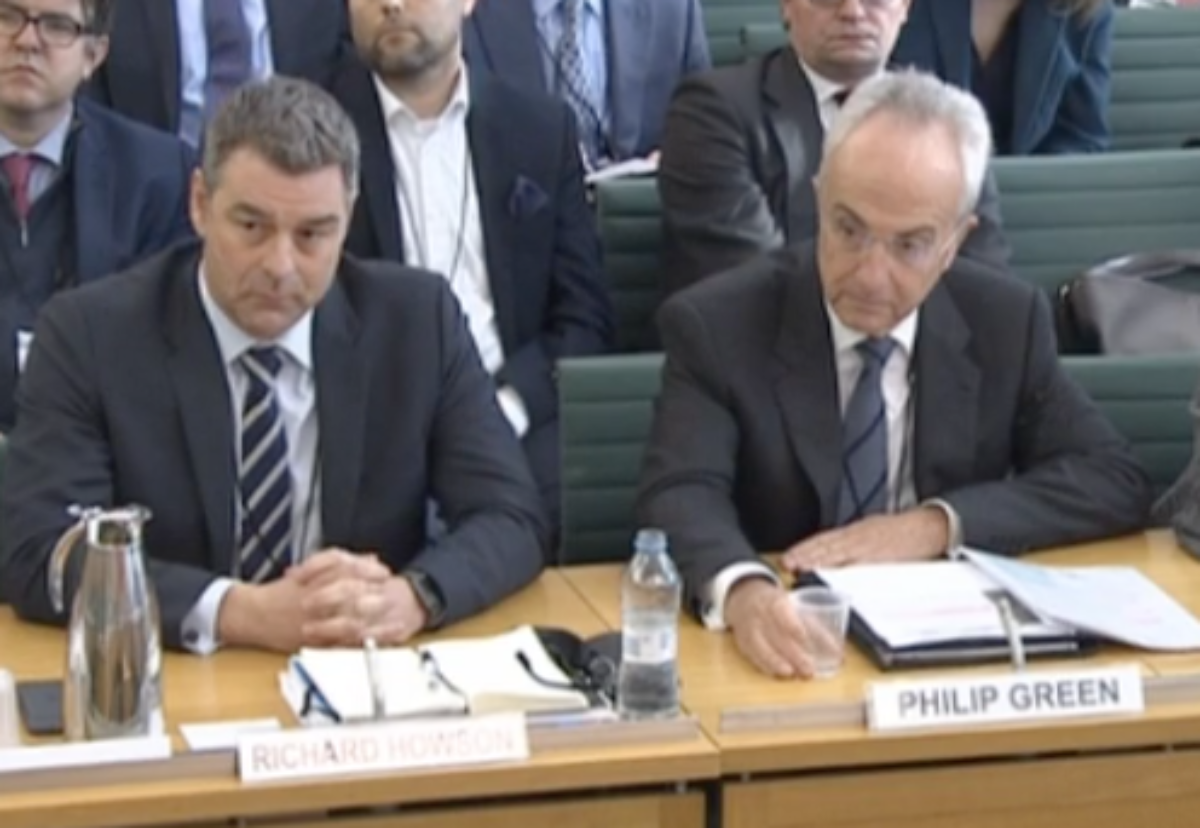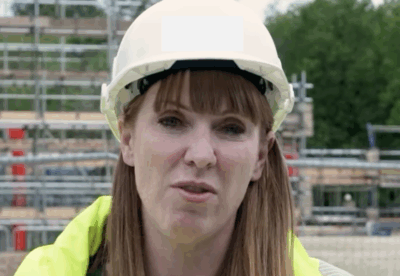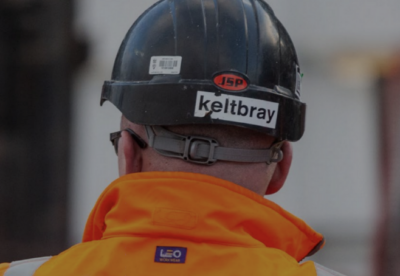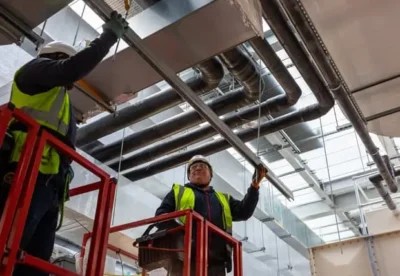The problems with the huge hospital contract were revealed as MPs grilled Carillon’s management about what brought about the sudden collapse of the group.
Former chief executive Richard Howson revealed that the project caused a substantial 6-month delay for remedial works, requiring full remodelling of the building’s concrete frame and a £20m cost to fix.
Royal Liverpool Hospital NHS Trust Latest
Today in a separate development the Royal Liverpool Hospital NHS Trust chief executive Aidan Kehoe revealed talks are underway with subcontractors directly to restart work.
“At this stage the preferred option for the Hospital Company (Liverpool) is to work with the existing subcontractors and Carillion staff who have been working on the scheme to ensure continuity in the completion of the hospital.
“That involves complex discussions with the subcontractors to ensure we can get them onsite as early as possible,” added Kehoe.
The Royal Liverpool was one of four deteriorating contracts including Qatar, where Carillion was owed £200m, and the Midlands Metropolitan Hospital, where building services failed to work, that caused cashflow rapidly to dry up and led to the group’s demise.
Chairman Phillip Green said he believed there were three major factors behind the group’s ultimate failure.
He said that the level of debt from 2013 running into 2016 was too high and stemmed mainly from the acquisition early in 2014 of energy services group Eaga for around £300m.
The firm was then hit by the small number of major contracts that went very badly wrong and inability to get critical finance in the middle of January ahead of having the chance to outline refinancing plans, he added.
In a last throw of the dice Carillion approached the Government on 13 January for £160m of funding over four months and asked it to guarantee its early contractor payment facility.
This was to be match funded by banks to buy Carillion more time to launch a full-scale restructuring programme but was rejected leading to Official Receivers being called in on 14 January.
Watchdog MPs grilled directors consistently about the sudden deterioration of finances after its ‘optimistic’ annual report published in March 2017.
Howson said he believed this report was correct to sign off at the time and that reporting at Carillion had been “honest and transparent”.
He said a month later working capital concerns were raised by incoming construction division finance chief Emma Mercer. This led to KMPG’s first review in May to determine cashflow and the board taking the decision that a rights issue was urgently required.
Green said: “We removed Mr Howson as chief executive because frankly in the period May to June we had begun to lose confidence because debt had not come down, operational difficulties were increasing, we hadn’t been able to successfully do the rights issue.
“Up to that time Howson had the full confidence of the board.”
Howson remained with Carillion acting as a ‘bailiff’ flying to Qatar to try to collect cash owed to the group.
Carillion’s interim chief executive Keith Cochrane – brought in to replace Howson – and former finance director Zafar Khan denied there was any reason to believe Carillion faced major problems before the £845m writedown announced in July last year.
MPs on the Business, Energy and Industrial Strategy Committee and Work and Pensions Committee revealed they had documents that showed key Carillion investor, Standard Life, had written to Howson in 2015 warning it had concerns over financial management, strategy and corporate governance.
These concerns saw it sell its 5% stake in the company long before cracks started to appear at the company.
It was also revealed that Carillion’s acquisition of Alfred McAlpine a decade ago for £572m saw it inherit the McAlpine £110m pension deficit, which now accounts for 65% of the Carillion pension deficit, thought to stand at nearly £1bn.
Green added: “I believe all of the board and every decision we took at the time we took it was right and we had surrounded ourselves by quality advice. If we look back of course we would have taken decisions differently.”
“I have full and complete responsibility for the collapse, not culpability,” he added.
Frank Field and Rachel Reeves, co-Chairs of the joint Work and Pensions and Business, Energy and Industrial Strategy Committees inquiry into Carillion, said: “This morning a series of delusional characters maintained that everything was hunky dory until it all went suddenly and unforeseeably wrong.
“We heard variously that this was the fault of the Bank of England, the foreign exchange markets, advisers, Brexit, the snap election, investors, suppliers, the construction industry, the business culture of the Middle East and professional designers of concrete beams.
“Everything we have seen points the fingers in another direction – to the people who built a giant company on sand in a desperate dash for cash.”
Carillion key financial facts
In the eight years from 2009 to 2016, Carillion paid out £554m in dividends, almost as much as the cash it made from operations.
In the five years from 2012 to 2016, Carillion paid out £217m more in dividends than it generated in cash from its operations.
Over the eight years from December 2009 to January 2018, the total owed by Carillion in loans increased from £242m to an estimated £1.3bn – more than five times the value at the beginning of the decade.
Although the July 2017 profit warning marked the beginning of the end for Carillion, it was poor decisions in the years leading up to it that caused the company serious trouble.
Of the £845m charge, Carillion said that £375m related to the UK (mostly three PPP projects) and £470m to overseas markets (mostly exiting markets in the Middle East and Canada).
Carillion has 13 UK defined benefit pension schemes with 27,000 members. The schemes have an estimated Pension Protection Fund deficit of £900m













































 (300 x 250 px) (2).png)










